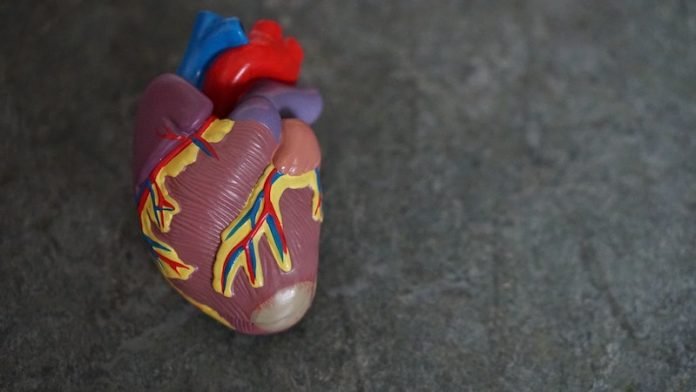
In a new study from University College London, researchers found mild Covid-19 infection is very unlikely to cause lasting damage to the structure or function of the heart.
It is the largest and most detailed study to date into mild Covid-19 infection and its longer-term impact on the heart.
The study follows concerns that because severe hospitalized Covid-19 infections are associated with blood clots, inflammation of the heart and heart damage, mild infections may cause similar complications.
The team tested 149 healthcare workers recruited from Barts Health and Royal Free London NHS Trusts.
They identified participants with mild Covid-19. Six months after a mild infection, they looked at the heart structure and function in these people and people without COVID-19
They found no difference in the size or amount of muscle of the left ventricle—the main chamber of the heart responsible for pumping blood around the body—or its ability to pump blood out of the heart.
The amount of inflammation and scarring in the heart, and the elasticity of the aorta—which is important for blood to easily flow out of the heart—remained the same between the two groups.
When the researchers analyzed blood samples, they found no differences in the two markers of heart muscle damage—troponin and NT-proBNP—six months after mild Covid-19 infection.
The researchers suggest that there is little benefit from screening the hearts of people who’ve had a mild infection, and research should focus on those who’ve suffered severe Covid-19, high-risk groups or those with ongoing symptoms.
These findings one year on from the start of the pandemic are welcome reassurance to the hundreds of thousands of people who have experienced Covid-19 with mild or no symptoms.
If you care about heart health, please read studies about this popular vitamin supplement could hide heart attacks at high doses and findings of a new way to remove plaques that cause heart attacks.
For more information about heart disease and your health, please see recent studies about here are the top 3 heart attack symptoms in both women and men and results showing that this diet could prevent diabetes and heart disease in older people.
The study is published in JACC Cardiovascular Imaging. One author of the study is Dr. Thomas Treibel.
Copyright © 2021 Knowridge Science Report. All rights reserved.



